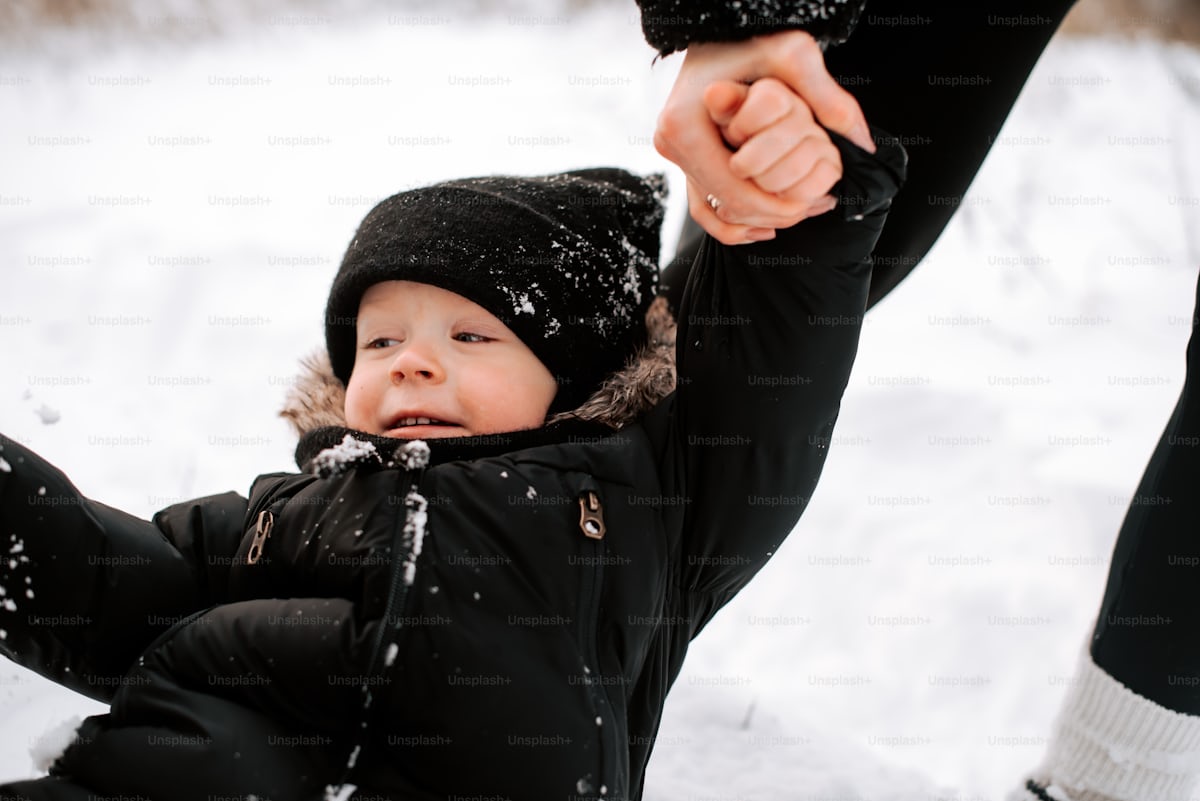The interaction between seasonal changes and human fertility has intrigued scientists and couples for decades. Although seasonal fertility rates are well documented in animals, the question remains whether winter has a significant effect on human fertility. Research shows that seasonal differences will indirectly affect fertility.
Vitamin D levels decrease in cold weather and lack of sunlight during winter. This substance plays an important role in reproductive health as it affects hormonal regulation in both men and women. For example, vitamin D deficiency can reduce sperm quality in men and affect fertility in women.
Additionally, cold weather can also indirectly affect reproductive life. During winter, people spend more time indoors, reduce physical activity and gain weight which affects reproductive health. Conversely, a comfortable indoor environment can increase intimacy, increase the frequency of intercourse, and counteract the negative effects of winter on fertility.

Seasonal illnesses such as influenza and respiratory illnesses are more common in winter and can temporarily affect fertility. High temperature is a common symptom of this disease, which has been shown to cause loss of sperm in men and amenorrhea in women. However, these effects are usually short-lived and reversible.
Mood swings during the psychological winter can indirectly affect fertility. Seasonal affective disorder (SAD), or the general low mood associated with winter, can cause decreased appetite and increased stress levels, which are known to negatively affect fertility.Interestingly, historical data on pregnancy show little seasonal variation, with peaks occurring in late summer and early fall.
These patterns may be influenced by social, cultural and environmental factors rather than by the biological effects of winter itself.Despite these potential effects, the effects of menstruation on fertility are generally mild and often outweighed by health, lifestyle, and medical factors.

Couples experiencing fertility issues during the winter should focus on maintaining overall health, treating vitamin D deficiency, managing stress, and seek medical advice if necessary. In conclusion, although winter can bring some challenges to pregnancy, the results are mostly indirect and vary between individuals. Understanding these factors allows couples to take proactive steps to improve their fertility regardless of the season.
Reference https://www.science.org/content/article/best-season-get-pregnant
https://theconversation.com/tis-the-season-for-conception-106663
Debunking The Myth: Is It Easier To Conceive In Winter?
https://www.nature.com/articles/142357a0https://www.winfertility.com/blog/fertile-spring/
https://uk.style.yahoo.com/pregnancy-conceive-season-spring-winter-144105362.html
https://www.healthshots.com/preventive-care/reproductive-care/does-your-fertility-in-summer-drop-know-more-about-it/amp#amp_tf=From%20%251%24s&aoh=17345178534066&referrer=https%3A%2F%2Fwww.google.com
 using WordPress and
using WordPress and
Comments are closed